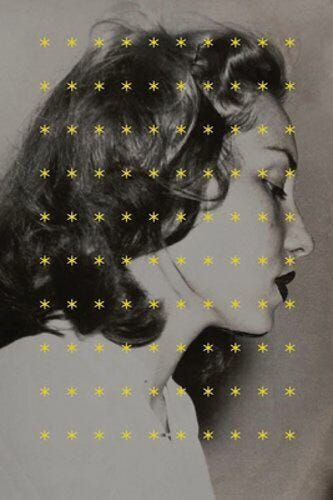reading clarice lispector’s the hour of the star
unraveled language that stuns and unsettles
I just finished The Hour of the Star, and I’m sitting here, unsure where to place the feelings it stirred. Confusion. Disorientation. Tenderness. Sadness. Exasperation. Care.
This was my first encounter with Clarice Lispector, and I can already tell she’s a writer who leaves an imprint on your spirit, not just your thoughts. Her style is unlike anything I’ve read before. The narration—by a man, though unmistakably haunted by Lispector’s presence—felt like a mirror maze. I kept feeling as if she was both the narrator and the character, Macabéa. She bled through the voice and the margins, so much so that each time I was reminded the narrator was male, I felt jarred, like being shaken awake from a dream I didn’t know I’d fallen into.
The structure is deliberately disorienting. Stream of consciousness spills into philosophical digressions, odd footpaths that seem to lead nowhere—until suddenly they do. I often wondered if the point of view had shifted, or if I’d lost the thread entirely, only to realize I was exactly where she intended me to be.
Macabéa doesn’t fully take center stage until the middle of the book—and yet in just a handful of pages, Lispector made me care deeply. Somehow, despite the brevity of her life and the sparseness of the storytelling, I found myself hoping for her. Rooting for her. And when she died, I cared more than I expected. More, perhaps, than I would have if her story had been told in a more conventional way.
That’s the strange and powerful magic of this book. At only eighty pages—many of which aren’t even directly about Macabéa—it accomplishes what some books never do in hundreds: it makes you feel. It makes you care.
But what struck me most was not the plot or even the characters—it was the form itself. Lispector’s use of language is less narrative than it is artistic gesture. Her prose doesn’t always make sense in the traditional sense. It meanders. It pulses. It resists clarity. But it expresses. And in that expression, it becomes something beautiful to witness.
And that the story behind the story—the artist behind the words—can linger like a ghost long after the book is closed.
Clarice Lispector left her imprint all over these pages. She may have let a man narrate, but make no mistake—this is her story. And it’s unforgettable.



